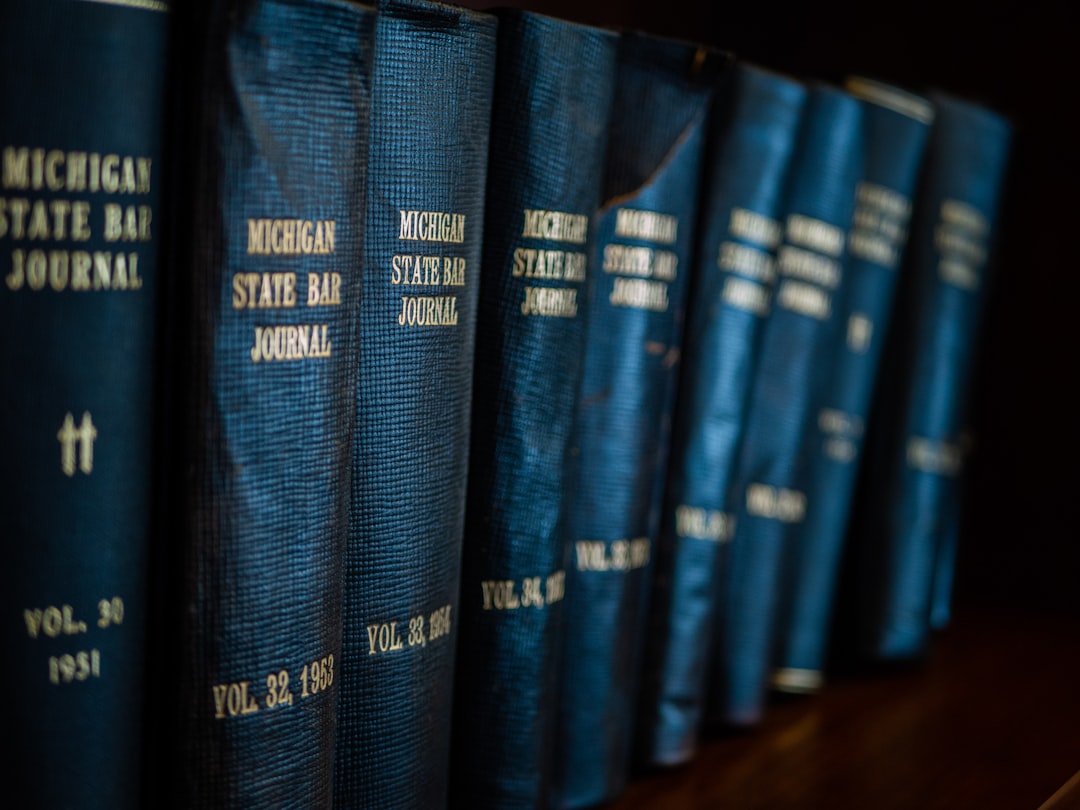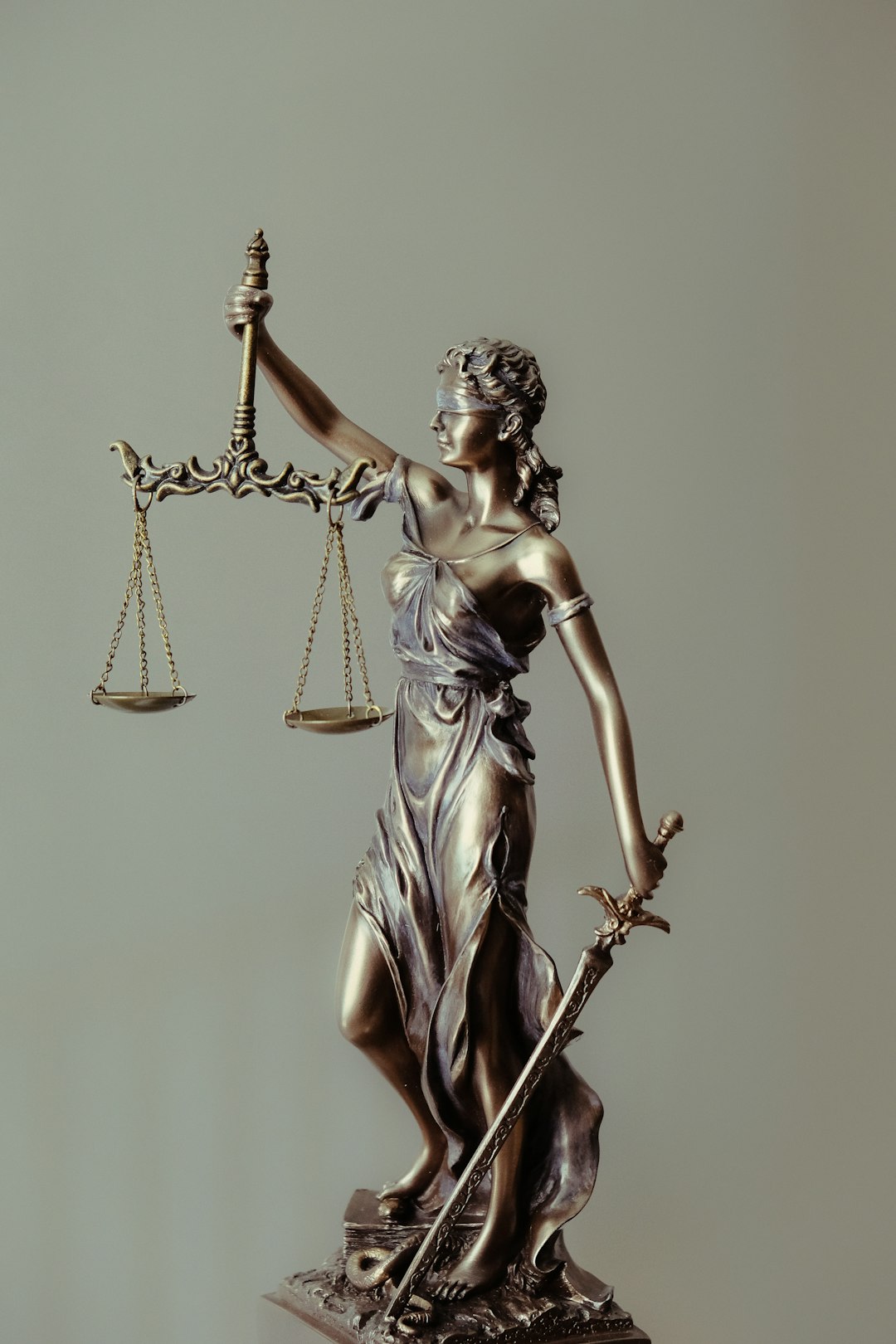School abuse, a hidden crisis, requires Woonsocket educators to be vigilant. A Rhode Island school abuse law firm emphasizes power imbalances and fear as obstacles to recognition. Educators must receive comprehensive training in detection and reporting, fostering safe spaces for student disclosures. They have a legal duty to recognize and report child abuse, with training covering indicators, reporting procedures, and follow-ups. Interactive workshops and regular updates ensure educators are equipped to identify and address abuse effectively, collaborating with law enforcement and social services for a supportive network.
In Woonsocket, recognizing and preventing child abuse is paramount for educators. This comprehensive guide explores effective strategies for training teachers to identify signs of abuse, highlighting legal obligations under Rhode Island law. From understanding the dynamics of school abuse to collaborating with local authorities, this article equips educators with essential tools to create a safer learning environment. By delving into these topics, we aim to empower Woonsocket’s educational community and serve as a testament to proactive child protection measures within schools.
Understanding the Dynamics of School Abuse: A Comprehensive Overview
School abuse, a serious concern in any educational setting, often goes unrecognized due to complex dynamics that can be hard to pinpoint. It’s crucial for Woonsocket educators to understand the nuances of this issue to effectively identify and address potential instances. A school abuse law firm in Rhode Island highlights several key factors: power imbalances between students and teachers, fear of retaliation, and subtle signs like sudden behavior changes or academic decline. These dynamics can mask abusive situations, making it vital for educators to be vigilant and receive comprehensive training.
Recognizing that abuse may not always be physical, but can include emotional, psychological, or sexual forms, is essential. Educators must be equipped to detect patterns of manipulation, coercion, or inappropriate interactions. A Rhode Island school abuse law firm emphasizes the importance of fostering a culture where students feel safe to report concerns without fear of repercussions. This involves not just recognizing signs but also implementing robust reporting mechanisms and providing ongoing support to affected students.
The Role of Educators in Preventing and Recognizing Child Abuse
Educators play a pivotal role in identifying and preventing child abuse, making them crucial guardians of our youngest learners. In Rhode Island, where school abuse law firms have worked to strengthen protections, educators are increasingly equipped with tools to recognize signs of distress among students. Beyond academic support, teachers, administrators, and staff members serve as trusted adults who can make a significant impact on a child’s well-being.
Through regular training sessions and access to resources, Woonsocket educators can enhance their ability to spot potential abuse, neglect, or exploitation. This includes recognizing physical signs of trauma, changes in behavior, or sudden drops in academic performance. By fostering open communication and creating safe spaces for students to share concerns, schools can ensure that children receive the necessary support and intervention early on.
Legal Obligations and Responsibilities of Rhode Island School Staff
In Rhode Island, school staff members have a legal obligation to recognize and report suspected cases of child abuse or neglect. According to state law, educators are considered mandatory reporters, meaning they must notify relevant authorities if they have reasonable cause to believe that a child is being abused or neglected. This responsibility extends to all forms of abuse, including physical, emotional, and sexual mistreatment. Failure to fulfill this duty can result in legal repercussions for school staff. A school abuse law firm in Rhode Island highlights the significance of proactive training for educators to ensure they are equipped with the knowledge and skills needed to identify and handle such situations effectively.
Educators play a crucial role in protecting children, and their ability to recognize signs of abuse is vital. They often interact closely with students and can detect subtle changes in behavior or demeanor that may indicate underlying issues at home. By recognizing these signs early, school staff can intervene and connect students and their families with the necessary support systems. Training programs should cover various topics, such as understanding child development, recognizing behavioral indicators of abuse, and knowing the appropriate steps to take when suspecting abuse, including reporting procedures and post-reporting follow-ups.
Effective Training Strategies for Woonsocket Educators
Woonsocket educators can be better equipped to recognize signs of school abuse through comprehensive and interactive training programs. These should cover various aspects of child development, behavior patterns, and potential indicators of physical, emotional, or sexual abuse. Workshops featuring real-life case studies and role-playing scenarios can significantly enhance teachers’ ability to identify red flags. Such training sessions should also emphasize the importance of reporting suspected cases to appropriate authorities in a timely manner, adhering to Rhode Island’s school abuse law.
To ensure effectiveness, regular refreshers and ongoing professional development are essential. Online modules, webinars, and guest lectures from experts in child protection can keep educators updated on best practices, new research findings, and legal updates related to school abuse. Collaborating with local law enforcement agencies and child welfare organizations can further enrich these training programs, fostering a supportive network dedicated to safeguarding students within the Woonsocket community.
Building a Supportive Environment: Collaboration with Local Law Enforcement and Social Services
Creating a safe and supportive environment in schools is paramount in preventing and addressing instances of school abuse, and it starts with fostering collaboration between educators, law enforcement, and social services. Woonsocket educators can benefit from regular joint training sessions with local authorities to enhance their understanding of child protection protocols. These collaborative efforts can ensure that staff members are equipped with the knowledge to recognize potential signs of abuse or neglect, understand their legal obligations, and know how to report concerns effectively.
By working together, schools, law enforcement, and social services can establish a robust support system for students. This includes quick response mechanisms, access to counseling services, and community resources. Such partnerships are crucial in promoting open communication, ensuring the well-being of students, and providing them with the necessary protection against school abuse, as backed by Rhode Island’s dedicated law firm specializing in child protection cases.






